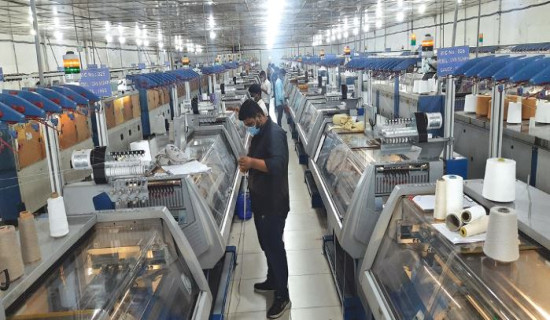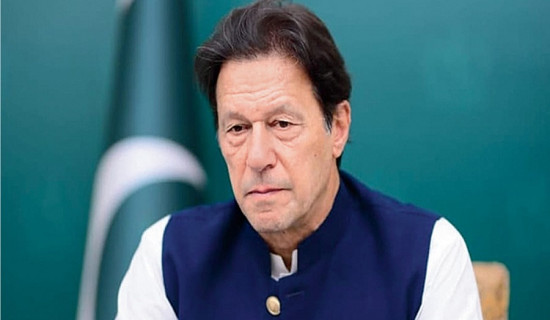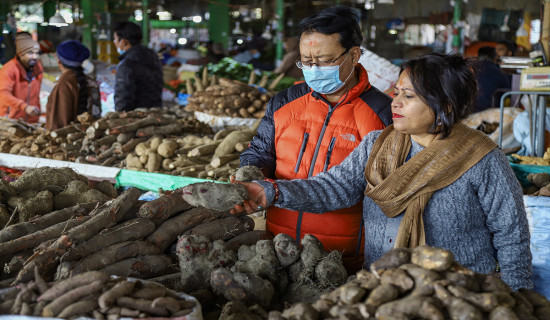- Wednesday, 8 January 2025
LDCs continue to be the hotspots of food insecurity: PM
Kathmandu, July 24 : Prime Minister Pushpa Kamal Dahal 'Prachanda' has said that the food insecurity is fueled by extreme weather events, economic shocks, and a variety of threats to human, animal, and crop health.
In his address to the Opening Session of the Food Systems Summit + 2 Stocktaking Moment as the Chair of the Global Coordination Bureau of the Least Developed Countries in Italy on Monday, Prime Minister Prachanda said that the impact of the COVID-19 pandemic on livelihoods, incomes, and food prices has been devastating and the LDCs continue to be the hotspots of food insecurity.
"Through the agenda 2030, we envisioned a world where food is sufficient, safe, affordable, and nutritious and we are able to end hunger, achieve food security, improve nutrition and promote sustainable agriculture," the PM said, while reminding the commitment to double the agricultural productivity, ensure sustainable food production systems, implement resilient agricultural practices that help maintain ecosystems, strengthen capacity for adaptation to climate change and other disasters, and to increase investment in agriculture in the least developed countries.
"Perhaps this is a right time for us to take stock of the progress and shortfall and clear our path for more robust implementation," the PM added.
Likewise, he said that we are the countries where the needs are higher, but the capacities are limited.
Saying that our agri-food systems operate under a perpetual cloud of risk and uncertainty, the PM argued that we must no longer ignore this escalating food insecurity and nutritional crisis. "We need a collective commitment to give hope to the people living in the LDCs."
According to the PM, we need to band together and focus our energy on bolstering our emergency response capabilities and, to minimize risks, we need to increase investment in early warning systems that can help identify areas where food insecurity is likely to escalate.
"This includes implementing cash transfers and food-for-work programs, as well as prioritizing investments in the most vulnerable communities. Our ability to take the right interventions demands accurate and up-to-date data and information. Building resilience and increasing productivity in the face of climate change calls for ensuring small holding farmers access to technology, fertilizers, markets, crop diversification, finance, and resilient infrastructure," the PM said.
He also viewed that we must ensure that the most vulnerable people are safeguarded from the threats of food insecurity, malnutrition, and associated health implications. (RSS)

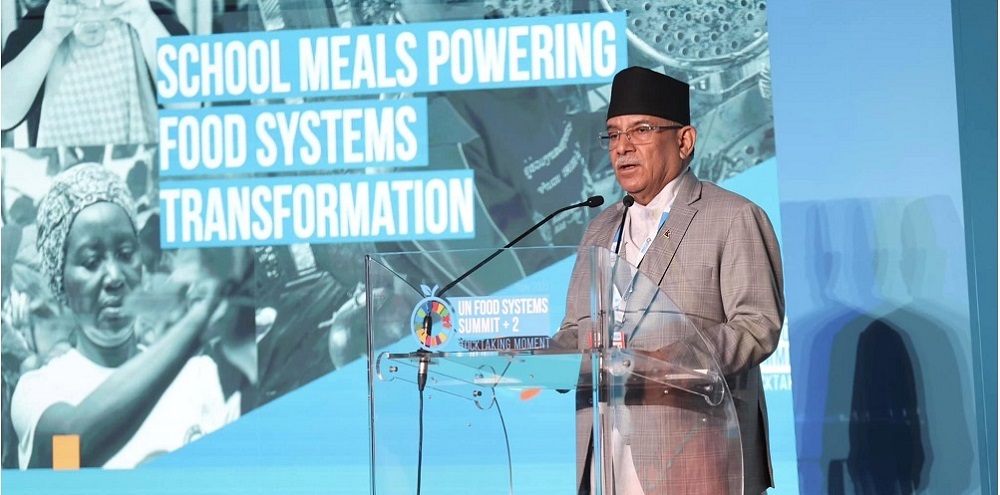

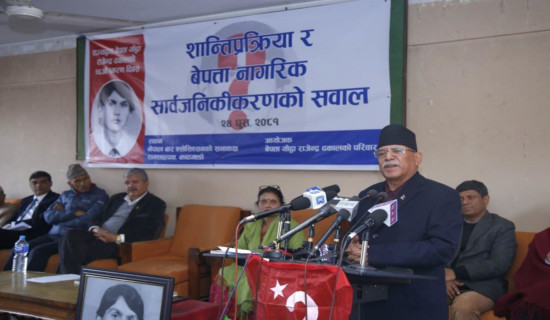
-square-thumb.jpg)
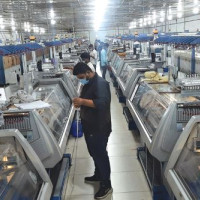
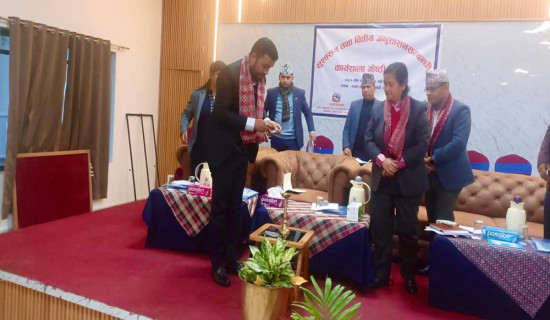
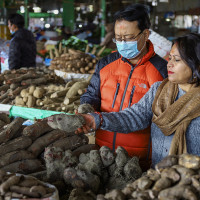
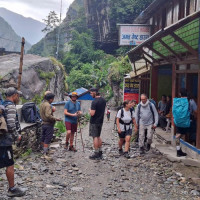

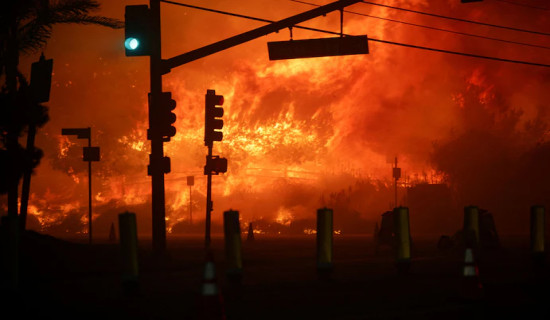
-original-thumb.jpg)
